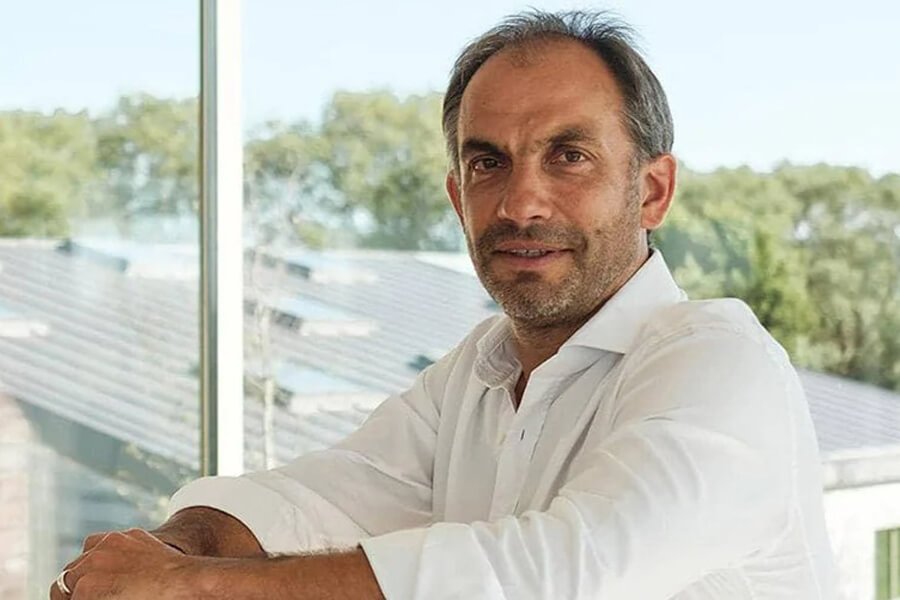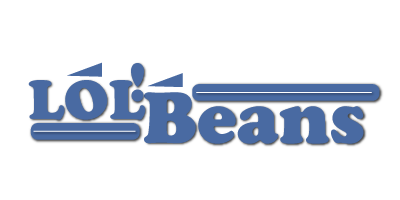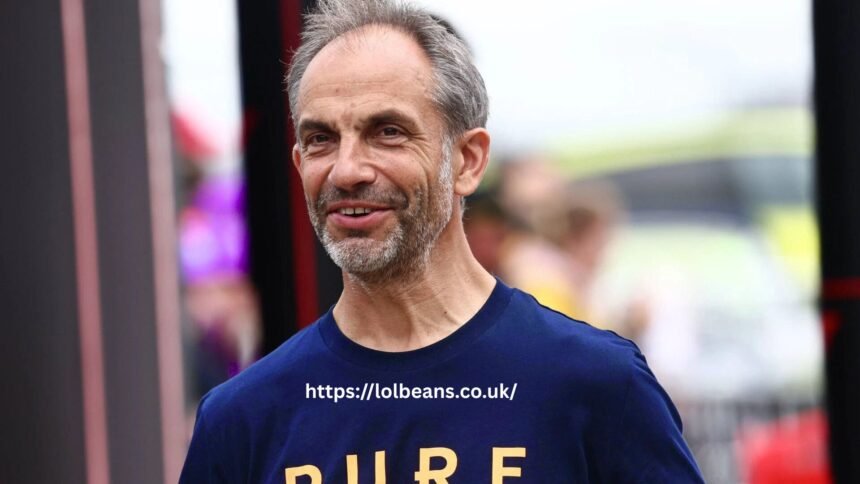Adam Norris If you follow Formula 1 even casually, you’ve probably heard the name “Norris” and thought of McLaren’s star, Lando. But behind the podium photos and orange caps is a dad who quietly built a serious business career long before he ever stood in a pit lane: Adam Norris. He’s not the loud, chest-beating type. He’s the “roll up your sleeves, build something useful, back good people, and move on to the next thing” type. Here’s the full picture where he started, how he made his money, the bets he’s taken since, and why his story matters beyond being “Lando’s dad.”
Early life and first principles
Adam Norris grew up far from the gleaming HQs of London finance. He’s described a grounded upbringing dad a farmer, mum a teacher where work ethic wasn’t a slogan, it was just daily life. That mindset mattered later, because his first big idea (selling pensions in a new, more accessible way) wasn’t fashionable or obvious. It was hard. He’s said he “had to try harder than everyone else,” and that perseverance paid off. Within a few years, the business he was driving helped build what became the UK’s biggest pensions retailer.
Building a fortune in pensions then walking away early
By his early thirties, Norris had become managing director at Pensions Direct, which tied into Hargreaves Lansdown, the Bristol-based investment platform that went on to dominate the UK retail investment market. The company floated on the London Stock Exchange in 2007; Norris stepped away not long after, having reached financial independence unusually young. Multiple profiles note that he retired from his corporate role by 36 an exit that opened the door to a second act built around backing founders.
If you want a sense of scale: Hargreaves Lansdown really did become a giant in British finance, and it remained a leading brand well after Norris left. (In 2025, it even changed ownership in a landmark deal.) That gives context to how valuable early equity and leadership time there could be.
From operator to investor Horatio Investments
Plenty of people talk about “giving back” after a windfall. Norris actually wrote cheques. In 2013 he publicly pledged £100 million of his own money to invest in early-stage companies through Horatio Investments, often pairing capital with mentorship for UK founders. That wasn’t a vanity play it’s a decade-long commitment that put him among the larger angel-style backers in the country.
A theme runs through his interviews: he likes spotting early trends and putting resources behind people who are on to something a little ahead of the curve. That’s part temperament (patient, curious) and part method (don’t just invest help founders get commercially sharp). It’s also personal: he’s spoken about wanting to support entrepreneurs who, like him, had to grind through skepticism.
Pure Electric betting on micromobility before it was cool
After years of backing others, Norris jumped back in as a founder, creating Pure Electric, a brand focused on e-scooters and urban micromobility. If you live in a city, you know the problem he’s trying to solve: short trips that are too far to walk, too awkward for public transport, and too wasteful by car. He saw an opening to make that slice of daily movement faster, cleaner, and cheaper if the products could be reliable and regulations could keep up. He’s been vocal about that bigger mission as well as his plans to grow the company.
Listen to him on founder podcasts and you hear the operator brain ticking: product sourcing, quality control, customer experience, and the not-so-sexy realities of building a durable hardware business. He’s hands-on about the details.
Fatherhood, motorsport, and keeping perspective
Yes, Adam Norris is the dad of Lando Norris and he’s been a constant presence in Lando’s racing journey. The important nuance is that while family wealth clearly eased the early financial burden of motorsport, Adam’s influence looks as much cultural as financial: discipline, humility, and doing the reps. Profiles of the family consistently mention that he pulled back from corporate life to be around more at home, and later helped manage parts of Lando’s early career before stepping aside as things professionalized.
For context, mainstream outlets often cite Adam’s wealth (frequently around the £200m mark in Rich List write-ups), which inevitably feeds the “money made it easy” narrative. But even those same write-ups point out what anyone in racing knows: money can buy seat time; it can’t buy lap time. Lando still had to perform something Adam, by all accounts, understood and reinforced.
A note on numbers and why they move
If you’re here for exact net worth math, a quick caveat: the pound figures attached to Norris vary by year and source (Rich Lists update, assets change, private holdings aren’t transparent). The constant is the order of magnitude: he’s wealthy by any standard, largely thanks to the Hargreaves Lansdown era and subsequent private investments, then he recycled that capital into Horatio Investments and Pure Electric. Treat any single “number” as indicative, not absolute.

How he works patterns you can steal
1) Start where others ignore. Pensions were boring until they weren’t. E-scooters looked like toys until they were traffic solutions. Spotting neglected corners is a Norris specialty.
2) Pair capital with coaching. His investing record isn’t just cheque-writing; it’s mentoring founders, helping them get commercially sharper. That doubles your odds: better decisions and better resilience.
3) Know when to stop. Retiring at 36 wasn’t “quitting”; it was a pivot from corporate to builder/investor. There’s real discipline in stepping away when your edge shifts.
4) Mission isn’t fluff. With Pure Electric, the mission (cleaner short-trip mobility) isn’t a poster on a wall; it’s the operating thesis. That helps with hiring, customers, and policy conversations.
Lesser-known threads
- Companies House tells the paper trail. If you want hard receipts on roles and dates, the UK registry shows Norris as a director across the Hargreaves Lansdown pensions entities in the 2000s, resigning around 2007–2008 exactly when HL listed and he wound down his executive stint. Companies House
- He talks openly about graft. In interviews he credits persistence over natural brilliance useful if you’re trying to reverse-engineer his advantage. That mentality can beat pedigree in surprisingly many arenas.
FAQs (the things people always Google)
Is Adam Norris “just” Lando’s dad?
No. Long before F1 entered the picture, he was a senior leader in the UK’s top pensions platform and later a major early-stage investor. The Lando connection makes headlines; the business track record stands on its own.
How did he make his money?
By building and running a high-growth pensions business under the Hargreaves Lansdown umbrella during its breakout years, then compounding that capital through private investments (Horatio) and later founding Pure Electric.
What is Horatio Investments?
A private investment vehicle through which Norris pledged £100m to early-stage companies, with a focus on mentoring and long-term backing.
What is Pure Electric?
An e-scooter and micromobility company he founded, aimed at replacing short car trips with cleaner, cheaper rides. He continues to spell out an ambitious product and expansion roadmap.
What’s his management style?
Operator first, investor second. He sweats details (product quality, customer experience), but he’s comfortable stepping back and letting pros run things when the scale demands it.
Why Adam Norris’s story resonates
The easy version of this story is “rich dad helps racing son.” The real version is tougher and more useful: a guy from a normal background figured out an unglamorous problem (pensions), built a genuine business, exited early, and put his chips behind new builders and a climate-aligned mobility bet. You don’t have to like e-scooters to respect the through line: find a problem that actually matters, then bring persistence, timing, and taste to it.
If you’re a founder, there’s a clear lesson here: your “boring” space might be your advantage. If you’re an investor, it’s a reminder that mentoring and time horizons are leverage. And if you’re just a fan who sees Adam in the paddock sometimes, now you know why he’s there and why his grin looks like a man who’s done the work already.







